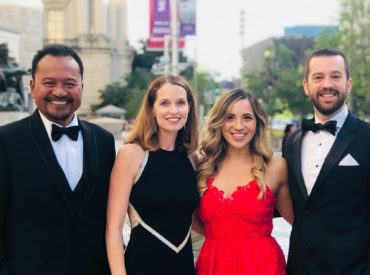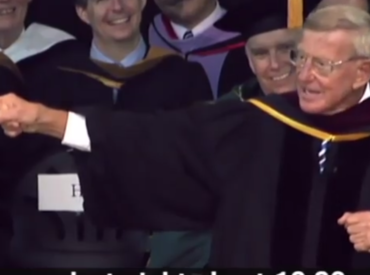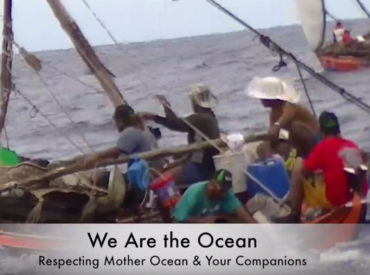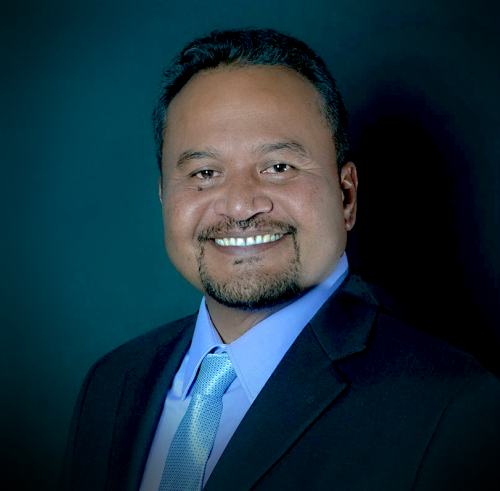“Any assumption that Pacific peoples had no education, that their values were primitive and that they were not able to create credible knowledge unless it adhered to a Western framework, is ethnocentric and arrogant.” (Vaioleti, p. 28)
Reading Vaioleti’s article and all the others on indigenous research methodology has opened an even more engaging door for me as a budding indigenous researcher. It feels like the Ed.D has opened a floodgate of emancipatory self-discovery once locked away by generations of colonial rulers in Micronesia. It has taken me 49 years to finally feel a freedom worthy of my rightful place in my chiefly lineage on Onoun and Tamatam. I feel a sense of calling and duty to learn more about the indigenous research paradigm to emancipate myself first from colonial mindset of deficit before setting out to serve my community as a researcher from within.
Chilisa’s concept of “captive mind” fascinates me as a budding indigenous researcher. It challenges me to take these rare moments of reflections and learning to distinguish for myself the set of beliefs and values from the dominant cultures of American colonialism. These belief systems may have been taught to me in my own formal school on a small remote island in Chuuk by American Peace Corps Volunteers in American school systems.
My ancestors fared even worst disrespect by previous colonizers. Such utter disrespect for indigenous values and norms happened with my parents and generations of Chuukese by previous colonial rulers including the Japanese, Germans, and Spaniards. Since Portugese explorers first set foot uninvited upon our pristine shores, they and succeeding “discoverers” have tried to civilize the noble savages, Christianize the polytheistic naturalists, educate the illiterate navigators, force democracy upon already peaceful community-oriented chiefdoms.
The more I read about the indigenous research paradigm, the more I feel compelled to claim my space in this journey. I want to add to the body knowledge not only about the “researched” community of Micronesians, but to do so from a place of strength and not deficit. This is the place from which I want to conduct my dissertation research. I want to “challenge deficit thinking” not only by researchers, but by my own people like the Remathau community whose compelling story and strategies to ensure success is worth sharing with the world.
In reflecting on Chilisa’s matrix and Violeti’s article on the Tongan cultural value of Talanoa, I want to incorporate some indigenous Micronesian cultural values into my research methods. Since I am setting out to do a case study research on Papa Mau Piailug’s Remathau community in Hawaii and their ontological understanding of a successful Remathau child, it seems fitting for me to determine for me the kind of indigenous protocols and attitudes I MUST practice in the course of my journey with this Micronesian community. Here goes (in no particular order):
- My first role as a RESEARCHER is to be a LEARNER
- I must humble myself. At every point of contact in sharing circles (focus groups) or interviews, I should begin by acknowledging THEIR strengths by having a standard humility disclosure opening line. Here goes the first attempt: “My name is Vid Raatior. I am a fellow Remathau from Houk Island in Chuuk State. I am here as a part of the doctoral program at the College of Education at UH Manoa because I do not know anything. I want to learn from you and hopefully together we can help educate others on the positive elements of the Remathau community in Hawaii…”
- I must take time to build relationships with the key Remathau leaders and when appropriate ask them for the equivalent word for talanoa in the respective Remathau dialects.
- I must be part of the Remathau community by working alongside them in their community projects (after school program, cultural practices, canoe-building, etc) before, during, and after the research journey
- I must earn the trust of the Remathau community by ensuring that this is not another academic exercise but a search to understand and document the community values, meaning, beliefs, practices as positive elements of our larger Micronesian diaspora story and our common struggle to build a better future for our children and theirs.
- I must seek out the leaders’ and understand their aspirations and focus on one practical item to implement with them as a token of appreciation for the knowledge they will be sharing with me.
- I must listen intently, deeply, and humbly.
- I must be respectful at all times.




